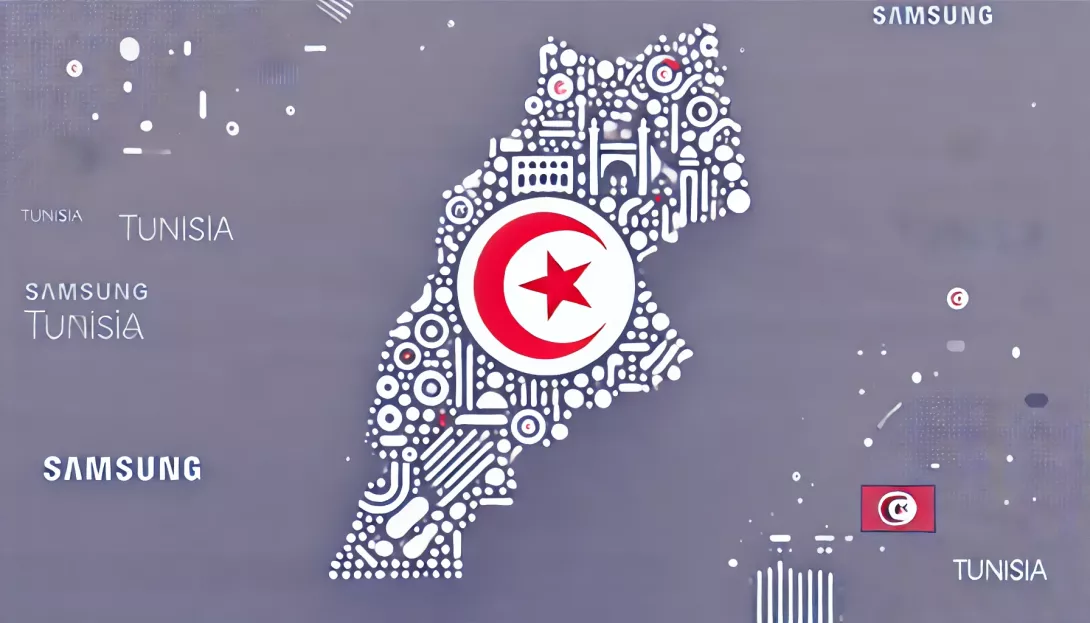
Multilingual SEO for Tunisia’s Diverse Audience
Tunisia is a culturally rich and diverse country with multiple languages spoken, including Arabic, French, and English. To effectively reach and engage this varied audience, businesses must adopt a multilingual SEO strategy. At Antares Infogérance, we specialize in helping businesses optimize their online presence for a multilingual audience, ensuring that your content is accessible and appealing to all language speakers. Here’s an in-depth look at the importance of multilingual SEO and how to implement it for Tunisia’s diverse audience.
Understanding Multilingual SEO
Multilingual SEO involves optimizing your website for different languages to improve search engine rankings and user experience across various linguistic audiences. This strategy goes beyond mere translation; it requires a comprehensive approach to keyword research, content creation, and technical optimization to ensure that each language version of your site performs well in search engines.
Importance of Multilingual SEO in Tunisia
- Reach a Broader Audience: By catering to multiple languages, you can expand your reach and connect with a wider audience in Tunisia. This inclusivity helps attract more visitors, increase engagement, and drive conversions from diverse linguistic groups.
- Enhance User Experience: Providing content in the user’s preferred language enhances their experience on your site. It makes navigation easier, reduces bounce rates, and increases the likelihood of visitors spending more time on your site and engaging with your content.
- Improve Search Engine Rankings: Search engines prioritize websites that offer localized content. By optimizing your site for different languages, you improve your chances of ranking higher in local search results, thereby increasing your visibility and attracting more organic traffic.
- Build Trust and Credibility: Offering content in multiple languages demonstrates that you understand and respect the linguistic diversity of your audience. This approach builds trust and credibility, fostering stronger relationships with your customers.
Key Strategies for Multilingual SEO
- Conduct Multilingual Keyword Research: Keyword research is the foundation of any SEO strategy. When targeting multiple languages, it’s crucial to perform keyword research for each language separately. Tools like Google Keyword Planner, Ahrefs, and SEMrush can help identify relevant keywords and search phrases used by different linguistic groups.
- Create High-Quality Translations: Avoid relying solely on automated translation tools, as they can produce inaccurate and unnatural translations. Invest in professional translation services to ensure that your content is accurately and culturally adapted for each target language. High-quality translations are essential for maintaining the integrity and readability of your content.
- Implement Hreflang Tags: Hreflang tags are HTML attributes that indicate the language and geographical targeting of a webpage. Implementing hreflang tags helps search engines understand which language version of a page to display to users based on their language preferences and location. This improves the relevance of search results and enhances user experience.
- Optimize Meta Tags and URLs: Ensure that your meta titles, descriptions, and URLs are optimized for each language. Use relevant keywords and ensure that the translations are accurate and compelling. Localized meta tags and URLs help improve click-through rates and search engine rankings.
- Create Localized Content: In addition to translating your existing content, create unique, localized content tailored to the interests and needs of each linguistic audience. This could include blog posts, articles, and social media content that address specific cultural and regional topics.
- Use a Multilingual CMS: A multilingual content management system (CMS) makes it easier to manage and optimize your website for multiple languages. Platforms like WordPress offer plugins such as WPML (WordPress Multilingual Plugin) and Polylang, which facilitate the creation and management of multilingual content.
- Build Local Backlinks: Backlinks from reputable local websites enhance your site’s authority and search engine rankings. Focus on building backlinks from sites that operate in the same language and region as your target audience. This can be achieved through guest blogging, partnerships, and local business directories.
Partnering with Antares Infogérance
At Antares Infogérance, we offer specialized multilingual SEO services to help your business thrive in Tunisia’s diverse market. Our team of experts conducts thorough keyword research, provides high-quality translations, and implements effective SEO strategies tailored to each language. By partnering with us, you can ensure that your website is optimized to reach and engage Tunisia’s multilingual audience effectively.
To learn more about our multilingual SEO services, visit our website at Antares Infogérance.
In conclusion, multilingual SEO is essential for businesses in Tunisia to connect with their diverse audience and improve their online presence. By focusing on multilingual keyword research, high-quality translations, hreflang tags, localized content, and local backlinks, you can enhance your site’s visibility and user experience. Partner with Antares Infogérance to leverage the power of multilingual SEO and achieve lasting success in Tunisia’s digital market.